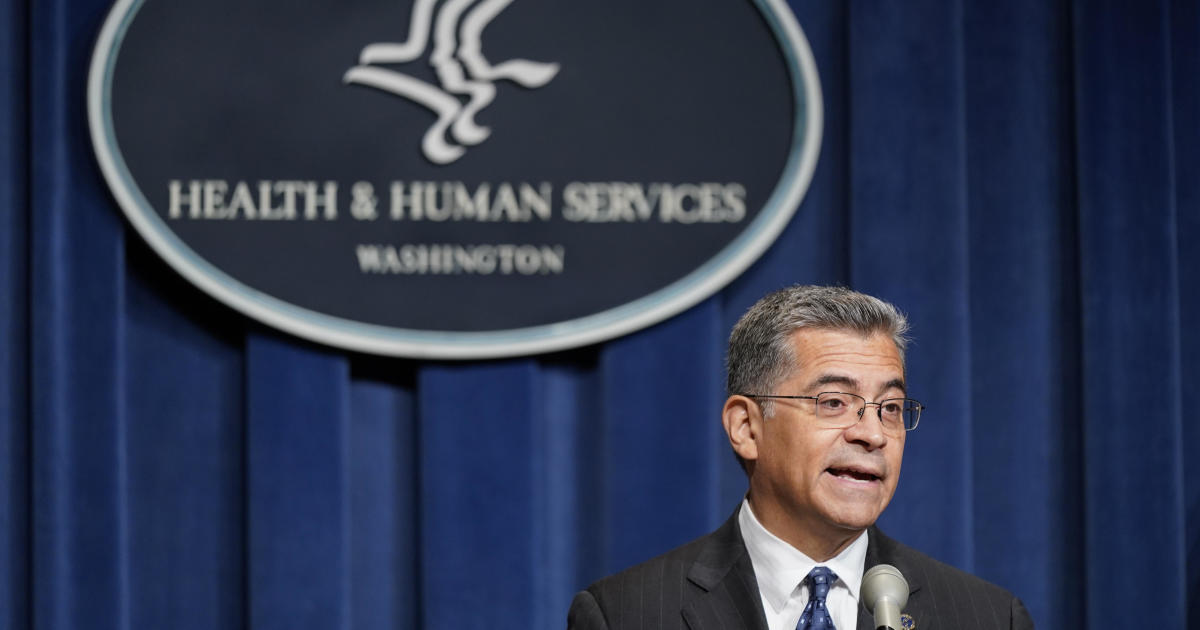The Biden administration has invoked the wartime powers of the Defense Production Act to accelerate the rebuilding of a major American factory that produces intravenous fluids. This move comes in response to the critical shortage of IV fluids following the devastation of the Baxter plant in North Carolina by Hurricane Helene last month. The plant, which previously supplied about 60% of the nation’s IV needs, has been forced offline, leading to widespread concern and disruption in healthcare facilities nationwide. Hospitals have been postponing surgeries and procedures due to the lack of essential IV fluids.
The Defense Production Act in Action
The invocation of the Defense Production Act signifies the seriousness of the situation. The act, initially enacted during the Korean War, provides the government with authority to prioritize the production of critical materials and products during times of national emergency. This has been a recurring practice, with both the Trump and Biden administrations previously using it to enhance the manufacturing of COVID-19 testing swabs, ventilators, and vaccines.
Leveraging the Act’s Powers
The Biden administration has applied the Defense Production Act to facilitate Baxter’s access to a construction contractor, accelerating the rebuilding process. The act’s powers are also being explored to boost production at other domestic manufacturing facilities.
FDA Action: Importation and Shortages
Meanwhile, the FDA has granted Baxter permission to import IV fluids from its international plants, offering a temporary solution to the immediate shortage. However, this import strategy is not without its complications. As reported by FDA Commissioner Robert Califf, the agency is experiencing a rising number of supply chain disruptions, particularly within the generic drug market. This, coupled with the impacts of climate change and international conflict, is likely to escalate the severity of drug and medical supply shortages in the years to come.
Hospitals Respond with Conservation and Postponements
Across the country, hospitals are taking proactive steps to manage the IV fluid shortage. Several healthcare facilities, including Mass General Brigham, the University of Virginia, and Children’s Minnesota, have resorted to postponing elective surgeries and implementing conservation strategies to ensure sufficient supplies for critical patients. Some hospitals have adopted measures such as reducing fluid usage in certain procedures and reserving IV fluids for those in the direst need.
Hospital Responses to the IV Shortage:
- Conservation: Hospitals are limiting IV fluid usage for procedures, relying on alternative hydration options like Gatorade, and prioritizing supply allocation for urgent needs.
- Postponements: Many healthcare systems, including Mass General Brigham and the University of Virginia, have postponed non-urgent elective procedures.
- Increased Procurement Efforts: Health systems like M Health Fairview are boosting their procurement efforts to restock supplies and restore scheduling of procedures.
Impact on the Healthcare System and Concerns for the Future
The shortage underscores the fragility of the healthcare supply chain, which is particularly vulnerable to disruptions caused by climate change, global conflicts, and cost-cutting pressures within the generic drug sector. As a result, the healthcare industry is bracing for ongoing challenges, particularly concerning the availability of essential medications and medical equipment.
Take Away Points:
- The IV fluid shortage has prompted the Biden administration to invoke the Defense Production Act, accelerating the rebuilding of the damaged Baxter plant.
- The shortage highlights the vulnerabilities of the healthcare supply chain and underscores the need for robust preparedness in the face of external pressures.
- Conservation strategies and postponement of non-urgent procedures have become necessary measures for many hospitals.
- The FDA is anticipating increased supply chain disruptions in the future due to factors such as climate change and cost-cutting pressures within the generic drug market.




